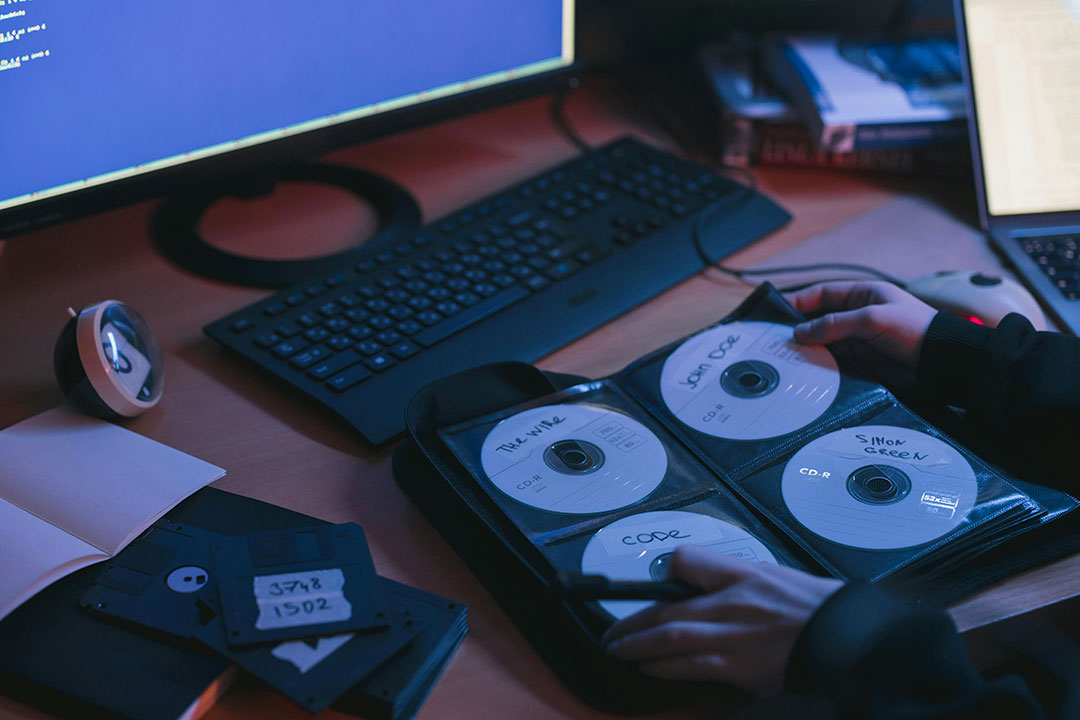
Amicus Curiae
By Razel Ann P. Esteban

On November 2024, the Motion Picture Association, Inc., (MPA) a non-profit organization which is the leading advocate of the film, television, and streaming industry around the world and whose members include major studios such as Disney, Netflix, Paramount Pictures, Prime Video & Amazon MGM Studios, Sony Pictures Entertainment, Universal City Studios, and Warner Bros. Discovery, released a study it commissioned titled “Consumer Risk from Piracy in the Philippines.”1 The findings of this study were presented during an anti-piracy symposium that month, organized by the Intellectual Property Office of the Philippines (IPOPHL), the Alliance for Creativity and Entertainment (ACE), GMA Network, Inc., and Globe Telecom.2
The study, authored by Dr. Paul Watters of Macquarie University in Sydney, Australia, revealed that Filipino consumers are 33 times more likely to encounter a cyber threat on popular piracy sites compared to legal film/TV websites. According to the 2024 YouGov consumer survey on piracy, the Philippines ranked second in the Asia-Pacific region in terms of consumption of pirated content, second to Vietnam.3 Filipinos’ propensity for availing of digital piracy services and platforms makes them especially susceptible to cyber threats such as malware and data theft.
To mitigate the elevated cyber risks that Filipinos face, the study recommends the development of a national awareness and education campaign, increase in funding for law enforcement in digital forensics and incident response, and the enactment of proportionate and transparent site blocking laws that will target piracy sites and services.
The IPOPHL is closely cooperating with the MPA to curb the proliferation of piracy sites in the Philippines. Pursuant to copyright infringement complaints lodged by the MPA, IPOPHL has issued two requests to disable access to six domains which host pirated versions of movies and TV shows which are owned by the film studios representing the MPA.4 In September 2023, the IPOPHL also issued Memorandum Circular No. 2023-025 or the Rules on Voluntary Administrative Site Blocking,5 which enables internet service providers, acting on a request from the IP Rights Enforcement Office, to block infringing websites and domains.
Digital piracy, which is the practice of illegally copying and selling digital music, video, computer software, etc.,6 is considered a form of copyright infringement under the Intellectual Property Code (IP Code). The Supreme Court defines copyright infringement as the doing by any person, without the consent of the owner of the copyright, of anything the sole right to do which is conferred by law on the owner of the copyright.7 Under Section 177 of the IP Code, the owner of a copyrighted work has the exclusive right to carry out, authorize, or prevent the reproduction of the work or a substantial portion thereof, as well as its distribution.
Jurisprudence states that copying alone is not what is prohibited with regard to infringement cases, but rather the copying producing an “injurious effect.”8 As emphasized in Dr. Watters’ study, digital piracy has significant adverse consequences on the economy, particularly in causing revenue loss from potential earnings from legitimate sales and subscriptions of copyrighted matter. Thus, there is a clear injurious effect on legitimate copyright owners by digital piracy and there is a need to address this in our laws. Section 216 of the IP Code provides that an infringer shall be liable to an injunction restraining such infringement and to pay the copyright owner or their heirs or assigns damages as well as the profits the infringer may have made due to such infringement. Furthermore, under Section 217, copyright infringement is punishable by imprisonment of at least a year and the payment of a fine of at least P50,000.
Over the years, Congress has become increasingly more conscious of the need to give the IPOPHL more teeth when it comes to the enforcement of its mandate against infringement, and piracy in particular. Currently, there are several bills — House Bill 7600 and Senate Bills 2150 and 2385, 2645 and 2651 — which all aim to introduce revisions to the IP Code and expand the IPOPHL’s powers to include the blocking of infringing websites, gathering of intelligence information, and conducting investigations and inquiries regarding pirated goods and content. These bills are still pending in Congress.
With the increasing digitization of media, consumers are more inclined to turn to illegitimate sources in order to access content. However, this brings about risks not just to the profits of the creative industries making the content, but also to the online safety of the consumers themselves. It is hoped that the site blocking bills gain more traction in Congress in order to address these concerns.
This article is for general informational and educational purposes only and is not offered as, and does not constitute, legal advice or legal opinion.
1 Watters, Paul, 2024. IP monitor: Consumer Risk from Piracy in the Philippines, accessed on Feb. 25, 2025, https://www.mpa-apac.org/wp-content/uploads/2024/11/Watters-Consumer-Risk-from-Piracy-in-the-Philippines_Final.pdf.
2 GMA Lifestyle News, 2024. “New Study Shows Filipino Consumers Who Access Piracy Sites and Services at Severe Risk of Cyber Threats,” accessed on Feb. 25, 2025, https://www.gmanetwork.com/lifestyle/news/117494/new-study-shows-filipino-consumers-who-access-piracy-sites-and-services-at-severe-risk-of-cyber-threats/story.
3 Globe Newsroom, 2024. “PH Online Piracy Reaches 70%; Second highest in APAC–YouGov Survey,” accessed on Feb. 28, 2025, https://www.globe.com.ph/about-us/newsroom/corporate/online-piracy-ph-reaches-70-percent.
4 Intellectual Property Office of the Philippines, 2024. “IPOPHL recommends blocking six piracy sites on Nat’l Anti-Piracy Month,” accessed on Feb. 25, 2025, https://www.ipophil.gov.ph/news/ipophl-recommends-blocking-six-piracy-sites-on-natl-anti-piracy-month/.
5 IPOPHL Memorandum Circular No. 2023-025, accessed on Feb. 28, 2025, https://drive.google.com/file/d/1COAL99yWT6g6FHO_1rUrgdWx5kWtqGg4/view.
6 Cambridge Dictionary, accessed on Feb. 28, 2025, https://dictionary.cambridge.org/us/dictionary/english/digital-piracy.
7 Habana v. Robles, G.R. No. 131522, July 19, 1999.
8 Id.
Razel Ann P. Esteban is an associate of the Intellectual Property department of the Angara Abello Concepcion Regala & Cruz Law Offices (ACCRALAW).
+632-8830-8000